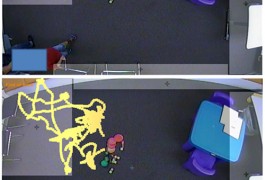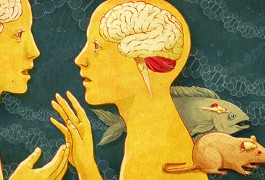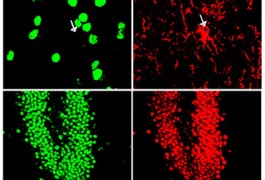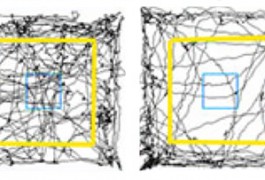Even ‘baby sibs’ without autism show delays in first year
Among the younger siblings of children with autism who do not have the disorder themselves, more than one-quarter show developmental delays at their first birthday, according to a study published in April.









